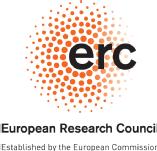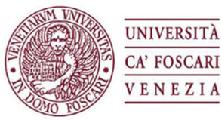Project Description
Aristotle in the Italian Vernacular:
Rethinking Renaissance and Early-Modern Intellectual History (c. 1400–c. 1650)
This project has as its main objective to provide the first comprehensive analysis of works written on Aristotle in Italian between c. 1400 and c. 1650. During this period, around 250 works—including translations, commentaries, compendia, dialogues, poems, and other compositions—attempted to broaden people’s familiarity with the most systematic philosopher of antiquity. Initially studied mainly in the universities and the schools of the religious orders, Aristotle’s influence began to be felt in the vernacular already in the thirteenth century, through writings in French (Brunetto Latini’s Les livres du Trésor) and Italian (Taddeo Alderotti’s Ethica in volgare). Although these works continued to have a remarkable circulation up to and beyond the fourteenth century, starting in the fifteenth one sees a new impetus to this activity of writing philosophy in the vernacular. This activity—which lasted well into the seventeenth century—was closely tied to the rise of a new kind of public within Italian courts and academies. It became particularly intense in the sixteenth century, after the resolution of sharp debates (la questione della lingua) about which form of Italian to choose and whether the vernacular was capable of expressing sophisticated philosophical ideas. Although the movement to translate Aristotle into Italian was hugely significant and foreshadowed many of the features of early modern philosophy, it has barely been studied. This project, which brings together the strengths of research teams in Venice and Warwick, will thus offer the first in-depth exploration of this phenomenon. By taking into consideration the whole range of writings on Aristotle—from speculative to civil philosophy and from translations through to poems—it will provide a more nuanced understanding of how philosophy was understood and practiced outside of the elite, Latin circles of universities and religious orders.




